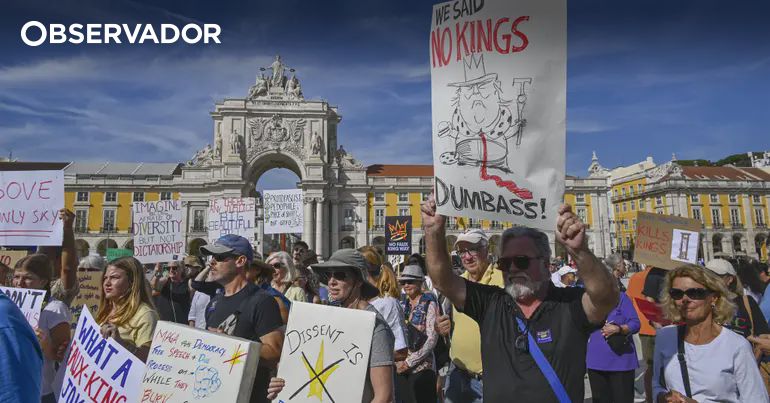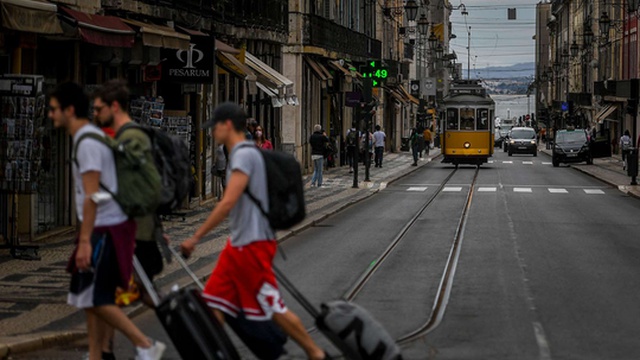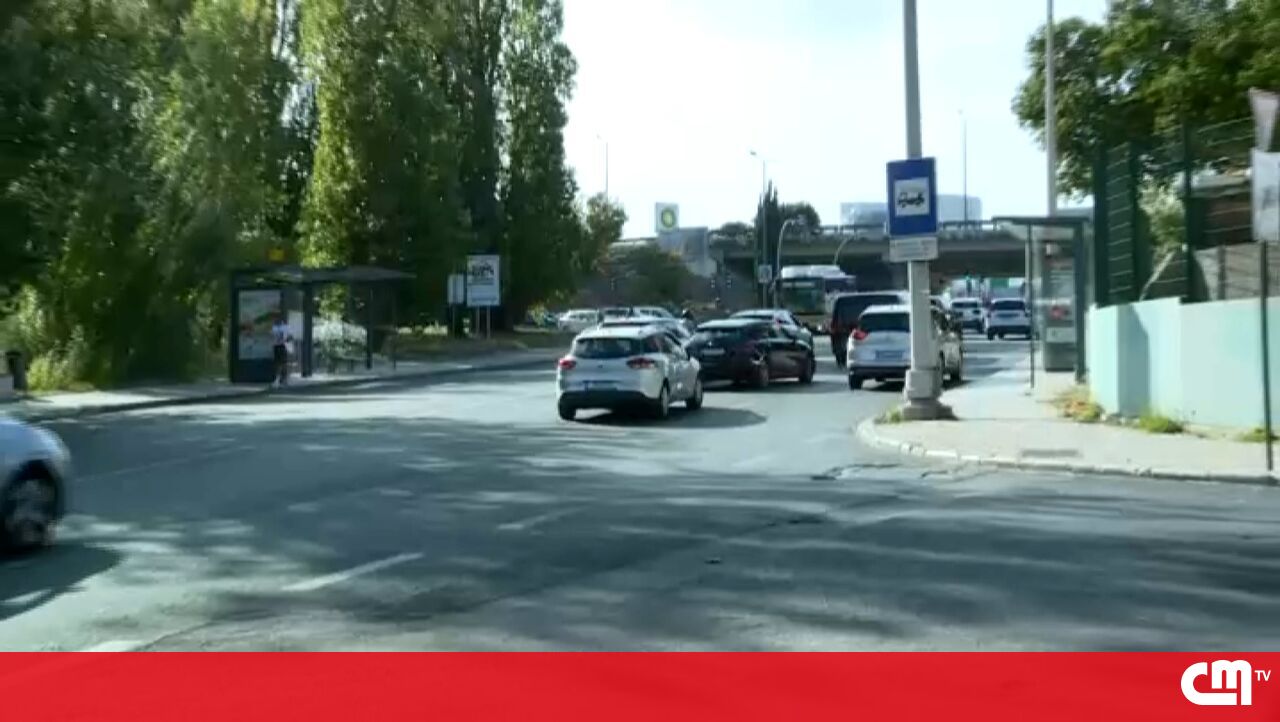PSP Estimates Tens of Thousands of Irregular Immigrants in Portugal
The head of the PSP's National Unit for Foreigners and Borders has estimated that "tens of thousands" of immigrants are living in Portugal irregularly and expressed concern about networks detected at airports, particularly involving citizens from Portuguese-speaking countries.
"I would say we have several tens of thousands of people in an irregular situation in the national territory," said João Ribeiro, national deputy director of the PSP and head of the National Unit for Foreigners and Borders (UNEF).
Majority Are Simple Cases, But Risks Remain
The official admitted that most are likely simple cases, "perhaps due to inexperience, perhaps due to inaction, looking at the legal context that existed, or because they didn't submit documents, or because they should have proven certain situations and didn't."
"The issue is that we now have a more coherent framework in terms of regulated migration," he stated.
In an interview with Lusa agency, João Ribeiro revealed that some immigrants had a manifestation of interest (an instrument abolished in June 2024 that allowed foreign citizens wanting to live in the country to request a residence permit), but others arrived without that instrument and without any registration.
"They never submitted any documents. If they didn't gather the documents when due, they are in an irregular situation," he said, noting that immigrants in this situation are essentially from Brazil and the Indian subcontinent, such as India, Pakistan, Bangladesh, and Nepal.
New PSP Unit's Main Concern
Emphasizing that this number is related to "the excessive volume of processes that AIMA had to deal with and that represents major challenges" for the PSP, João Ribeiro stressed that the new PSP unit's "main concern" is these irregular immigrants and those currently entering Portugal, who represent a "major risk" for the country and the Schengen area.
In this sense, he advanced that "one of the recent concerns" of the PSP is related to the recent networks detected at airports.
"Since the manifestations of interest ended, [this type of network] is seen as a simpler way" to try to enter the country, said the official, arguing that it is necessary to "look more closely at this approach."
Fake Contracts and CPLP Networks
The PSP has detected many fake contracts at airports, with non-existent companies, by "citizens from different CPLP [Community of Portuguese Language Countries] countries who want to come to Portugal to work," he said.
Some of them have even "confessed that they paid to obtain these documents," and many may even be "using Portugal as a gateway to Europe."
The official maintained that the focus will be on anticipating risk scenarios.
He exemplified that there have been "meetings and contacts with migration and border police from other countries, namely from the CPLP," to reinforce air borders in those states that represent a risk to Portuguese borders.
He also mentioned that in the last month, several training courses were held in various CPLP countries to empower local border police in detecting risk situations and those representing migratory pressure for Portugal.
"By projecting these elements, we are going to the origin of migratory routes, because the migratory pressure that some of these countries have is not so much from nationals of those states. It ends up being a whole set of neighboring states where there are migratory routes that try to use the quality of the CPLP country to come precisely to Portugal," he said.
Increase in Human Trafficking Cases in Portugal
The head of the PSP's UNEF also advanced that more cases of human trafficking are being flagged in Portugal for labor and sexual exploitation and 'importation' of children for adoption.
"Unfortunately, we have had signs that Portugal is also a destination for human trafficking for labor exploitation, for sexual exploitation, and also, unfortunately, some cases where they are processes for the purposes of importation, and I apologize for the expression being very strong, importation of children for adoption," specified the national deputy director of the PSP and head of the UNEF.
João Ribeiro explained that the competence in the area of human trafficking crime lies with the Judicial Police, but the Public Security Police "has a fundamental role in terms of prevention" in being able to flag situations that occur at airport border crossings and nationally.
"The situations fundamentally occur in large urban centers, in metropolitan areas, and also on the coast. In this sense, I must say that there is an excellent relationship with the Republican National Guard and Judicial Police in identifying these situations," he emphasized.
The official specified that the PSP is currently flagging more cases of human trafficking than in the past.
"The investigation competence is not ours, it's the Judicial Police's, but, in fact, the numbers we are flagging are significant, it doesn't mean that in terms of investigation all those situations configure the legal type of crime that represents human trafficking," he stated.
Regarding the 'importation' of children for adoption, João Ribeiro mentioned that the PSP is detecting at national airports situations where "apparently relatives or non-relatives" arrive in the country with children and raise suspicions.
"That is one of the aspects we have increased airport capacity to flag," he added.






















Comments
Join Our Community
Sign up to share your thoughts, engage with others, and become part of our growing community.
No comments yet
Be the first to share your thoughts and start the conversation!